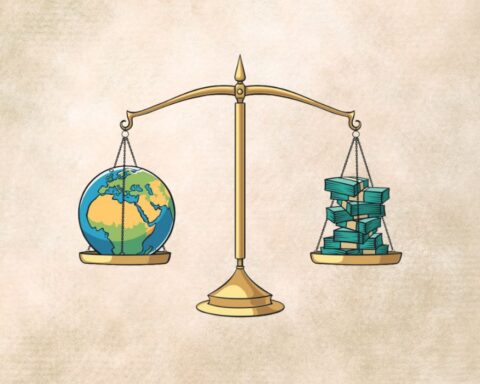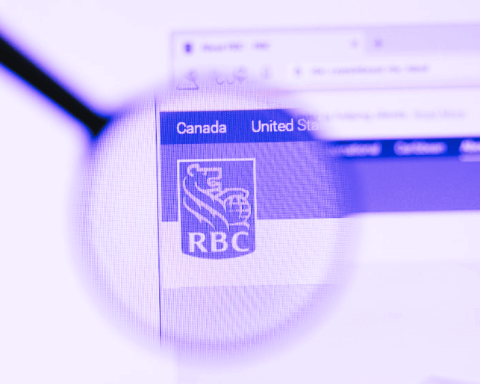It’s official: ESG has hit the big time.
It’s not the purported $40 trillion of assets invested in environmental, social and governance strategies or that leading Republican candidates for the U.S. presidential nomination are railing against ESG as a left-wing Trojan horse, or even that the world’s richest man has taken to his favourite medium to tweet that ESG “is an outrageous scam.”
The most tell-tale sign that ESG has hit the big time is that ESG “data requirements and reporting standards” are keeping executives “up at night.”
Those are the words written last year by Stefan Hoops on his LinkedIn profile. Hoops was recently named CEO of DWS, Deutsche Bank’s majority-owned asset manager, which has just under $1 trillion in assets under management. Hoops knows what he’s talking about, as his predecessor was the first major CEO to be fired for greenwashing after DWS’s Frankfurt offices were raided by 50 German police and financial regulators this June in relation to an investigation into DWS’s potentially misleading claims about the ESG-friendliness of their investments.
Although ESG was a term cooked up by two friends of mine in 2004 (former tabloid journalist Paul Clements-Hunt and Australian punk rocker James Gifford), I have no idea what it means.
But there is something larger going on here. It is that we have reached an inflection point where a critical mass of people are now serious about having their investments respect their values. Most people value taking care of people and the planet that makes life possible.
Somehow, we slapped this technical ESG label and narrative on what is really just a base human sentiment for protecting life.
There was a reason for this. Back in the 2000s, when integrating extra-financial values into investments was a fringe activity, the thinking was that we needed to overcome the perception that investing for good would be bad for returns. By refocusing on ESG as a means for managing social and environmental issues to reduce risk and enhance returns, the financial-sacrifice bugaboo could be shed.
We have reached an inflection point where a critical mass of people are now serious about having their investments respect their values.
For a while, this was a beautiful thing for the burgeoning mostly well-intentioned ESG research shops that were already creating mountains of analytics out of molehills of data of highly variable quality and comparability, that mostly supported the “garbage in, garbage out” thesis. ESG risk scores enabled another layer of abstraction, further blurring accountability feedback loops.
None of this was much a problem for the trillion-dollar asset management industry. As long as they had some kind of score in the Excel sheet, they were good to go. This created some headscratchers. For example, S&P scored Exxon higher than Tesla. Sure, Exxon ticks more boxes on good governance along with detailed disclosure of operational metrics in comparison to the free-wheeling Tesla, but that is losing the plot of the real impact these companies have on people and the planet through their products, which should receive the lion’s share of weight in any reasonable analysis.
Fortunately, watchdogs and investors have started to cry foul when they realized there was no coherent answer to the question: how is my portfolio making the world a better place? This has attracted the regulators, and there are now detailed standards in place in Europe (and soon in North America) requiring that the fund industry clearly justify how their ESG products are avoiding harm and enhancing positive impact, which will necessarily trickle down to the company level.
This is heading toward a happy ending, but we are not there yet.
The first step is to be honest about our purpose. It’s not to manage risk or returns, but to help preserve our environment and keep our society thriving. This is not as heroic as it sounds.
For two decades, Corporate Knights sustainability ratings have placed zero emphasis on risk or return and 100% emphasis on companies’ impact on people and planet, and through the principle of obliquity, our flagship Global 100 Most Sustainable Companies Index has also financially outperformed all of the other global ESG indices. And the stock market performance of the Best 50 Corporate Citizens has outperformed its peers, earning 499% gross return since it was first launched in June 2002, versus 366% for S&P/TSX Composite.
This sounds like we are tooting our own horn, but sometimes that’s OK if it’s a tune whose time has come.







